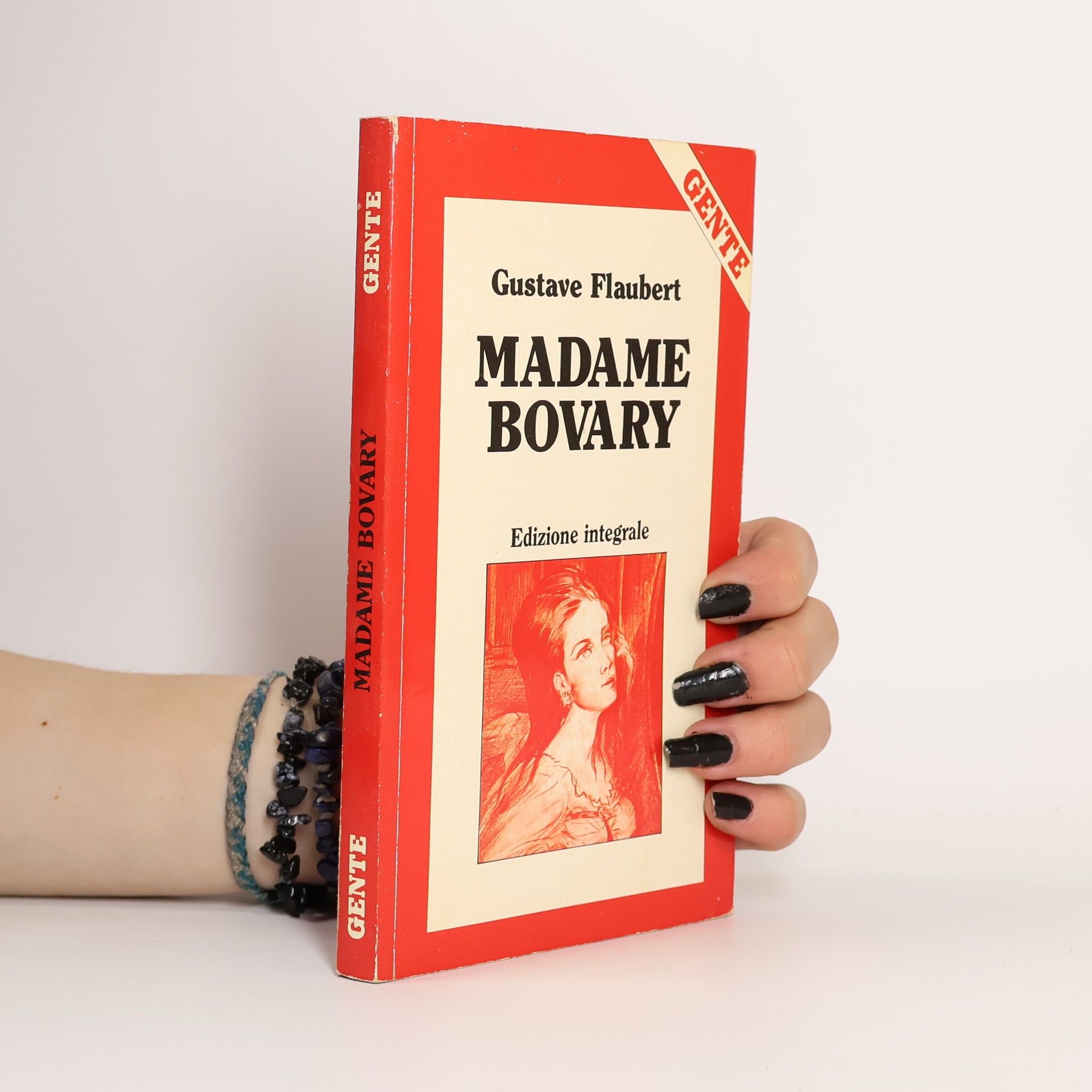Le célèbre roman de Gustave Flaubert pour des étudiants FLE. Pour les étudiants de niveau avancé, la possibilité de lire un des monuments de la littérature française...Fille d'un riche fermier, Emma Rouault épouse Charles Bovary, officier de santé et veuf récent d'une femme tyrannique.Elevée dans un couvent, Emma aspire à vivre dans le monde de rêve dont parlent les romans à l'eau de rose qu'elle y a lu. Un la persuade qu'un tel monde existe, mais le décalage qu'elle découvre avec sa propre vie déclenche chez elle une maladie nerveuse.
Geoffrey Wall Livres
Geoffrey Wall est un biographe et traducteur littéraire distingué, avec un accent particulier sur les auteurs français tels que Flaubert et George Sand. Son travail se caractérise par un profond engagement envers leurs vies et leurs écrits, explorant les thèmes, le style et l'héritage littéraire. L'intérêt de Wall pour l'histoire orale enrichit davantage sa contribution, reliant le passé et le présent pour éclairer les processus créatifs de figures littéraires importantes.
